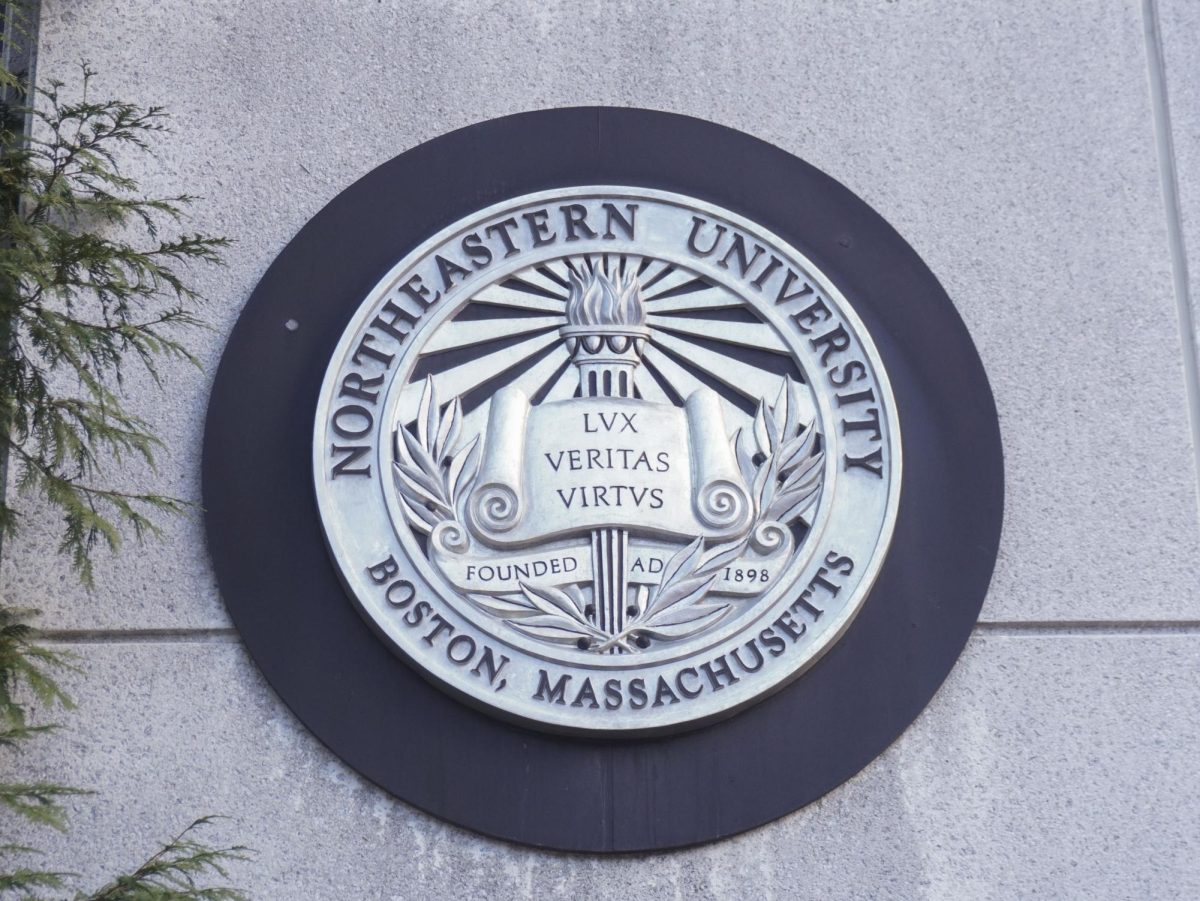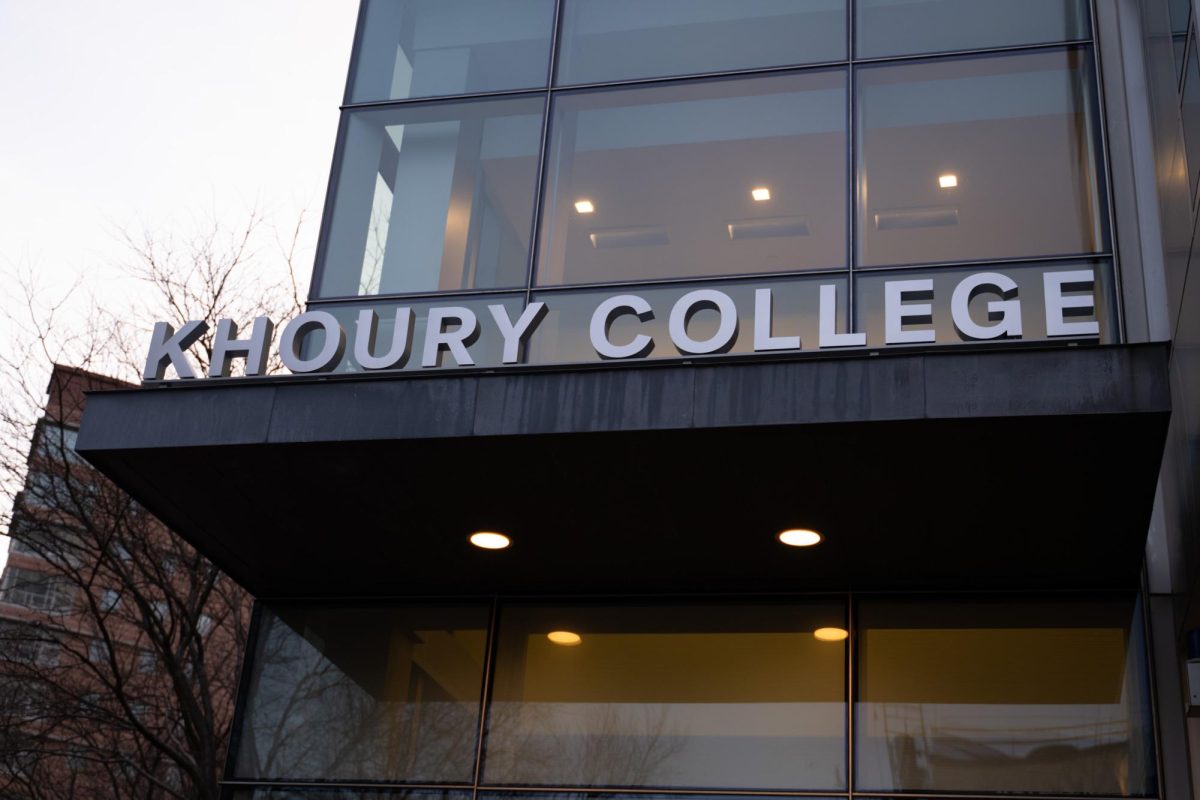By Leila Fadel
During the Gulf War, Zahra Taqi’s family moved five times in Kuwait to flee the Iraqi army. Taqi, a senior speech language pathology major, remembers her three-bedroom apartment overcrowded with 60 children and staff members from her father’s practice for handicapped children. He brought them to his home to take refuge from the tanks and machine guns that had taken over his facility. She fears that more people will go through what she and many others did years ago.
“It’s on my mind all the time,” Taqi said. “We know what [Saddam] is capable of. We should try for a peaceful solution. If you can have peace you will never have war.”
John Anteryassian, a middler computer science major, had a close friend in high school who joined the Army during their junior year. Anteryassian’s friend asked him to join, too. Anteryassian said he would “rather save lives then take lives.” His friend is now in Iraq while Anteryassian is here at NU, very much critical of the looming war.
“Leaders sit in this safe place with their suits and with one word of their mouth, they kill thousands of people,” Anteryassian said. “But if you’re looking at two dead bodies, can you tell which one is Iraqi and which one is American?”
Anteryassian is against war, but has not been actively involved in anti-war efforts. Matt Boucher, on the other hand, actively opposes the U.S. war efforts. Boucher, a middler history and elementary education major, said he feels that students generally oppose the war and even people he knows in the military are unsure of this war. As a member of the Socialist Club on campus, he attends anti-war talks and protests. Boucher marched in the anti-war protest in Washington, D.C. in January and plans to attend the next one in New York City on Feb. 15.
“I’m going to protests until this war doesn’t happen, and if it does happen I will keep protesting,” Boucher said. “Never does the U.S. wage a war abroad without waging one here as well.”
Students like Boucher and Anteryassian only represent one side of the coin, though.
Alex Raveau, a middler anthropology and political science major, said he is confident in the capabilities of the U.S. and if there is a war in Iraq it will be for reasons of national security.
“This is an experienced staff,” Raveau said. “I don’t think most people know enough about Saddam to know if this war would be justified or not. There were lots of Americans who did not want us to go fight Hitler.”
Dan Avila, a sophomore pharmacy major, said that he will support whatever President Bush does.
“I’m not really worried about it,” Avila said. “I’m confident that the president wouldn’t put American lives at risk for no good reason.”
Bush said in the State of the Union Address last week, “Let there be no misunderstanding, if Saddam Hussein does not fully disarm, for the safety of our people and for the peace of the world, we will lead a coalition to disarm him.”
Paul Beran, a lecturer in the Political Science department, teaches courses about U.S. foreign policy. He pushes his students to analyze the situation through political science theories and comparative example, Beran said he wants his students to understand the conflict in an academic sense.
Beran said that the war is an unnecessary measure to contain a country with weapons of mass destruction, and that he doubts containment is the true foreign policy objective of the United States.
“All signs point to oil,” Beran said. “If we’re trying to accomplish the role of containment we’ve already done that with U.N. sanctions.”
Arguments on both sides persist, and Northeastern’s campus remains like much of the nation, unsure.
“I’m against the war but something needs to be resolved,” said Julie Downing, a sophomore finance major. “I’m just not sure if we have other options.”









